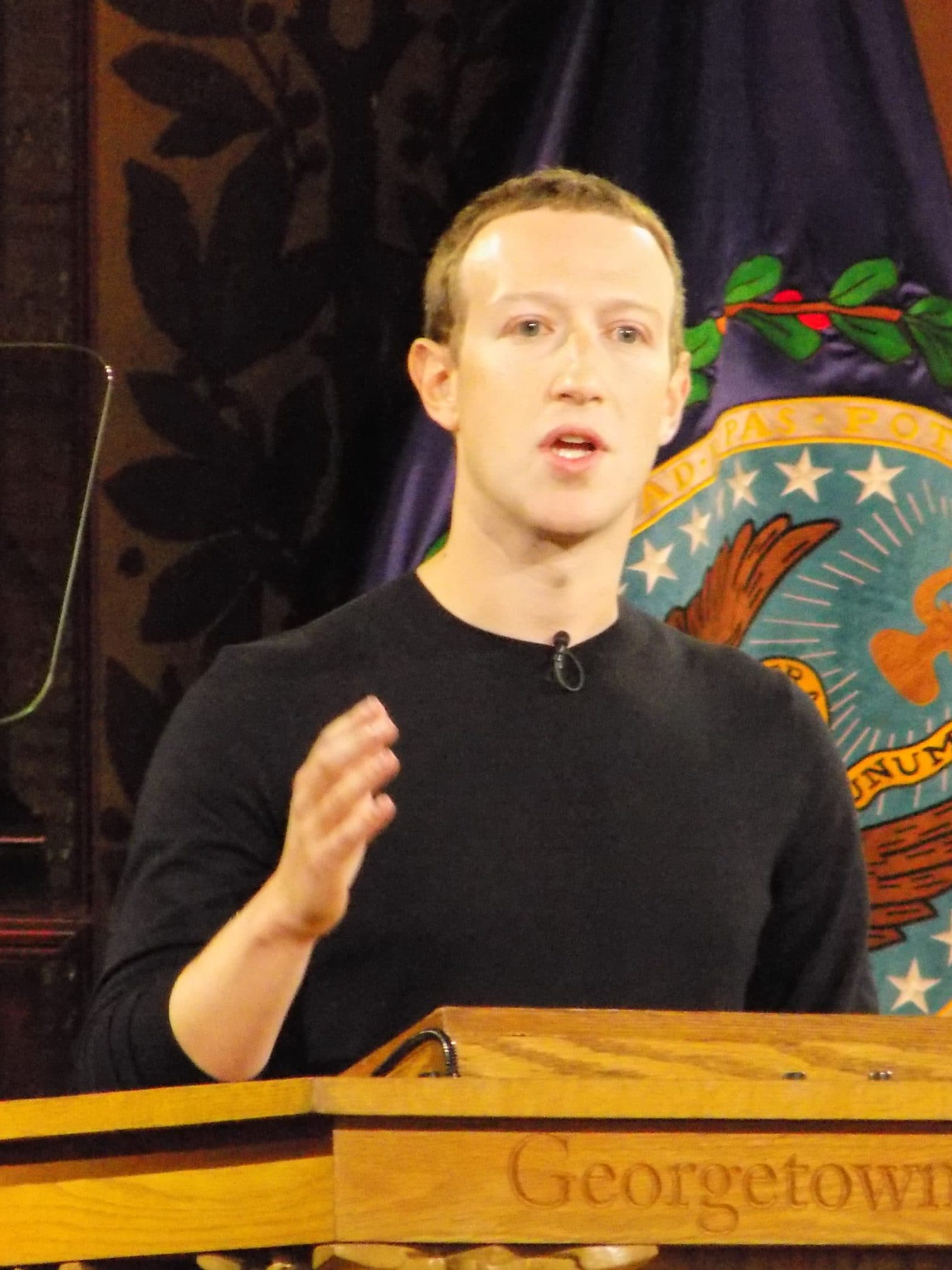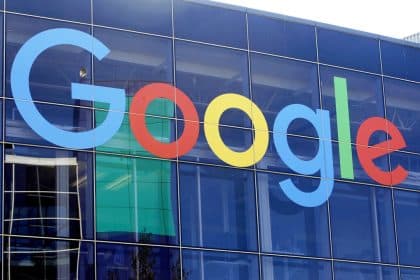Mandates Needed to Keep Big Tech in Check

Congress needs to create mandates to curb the abusive power exerted by a handful of online platforms, according to all six witnesses at a Capitol Hill hearing on Thursday.
During the hearing, members of a House Judiciary subcommittee grappled with solutions to address the ability of online giants Facebook, Amazon, Google and Apple to squash potential competitors and disadvantage consumers in the process.
“The rise and abuse of gatekeeping power has undermined the goals of the open internet,” said Rep. Jerry Nadler, D-N.Y.
Despite varying opinions on whether the current antitrust law can sufficiently address the anticompetitive conduct of the dominant tech giants, the witnesses agreed that one specific area does need to be looked at by Congress. That is data portability and interoperability – in other words, how one technology speaks to or can be compatible with another.
Only then will consumers have a true choice of moving from one platform to another, and will smaller competitors have a real ability to compete.
“By discriminating and withholding interoperability [the platforms] can pick themselves as winners in the market … [and their] sheer size can keep consumers locked in,” said Charlotte Slaiman, competition policy director at Public Knowledge.
Hal Singer, managing director at EconOne, pointed to the 1992 Cable Act as an example of the kind of steps Congress could take in this area, saying it “filled the void that antitrust could not address” by prohibiting cable companies to disfavor competitors’ content and requiring them to carry competing programming for the benefit of the consumer.
However, with federal and state lawsuits pending against Google and Facebook, Tad Lipsky, director at the Global Antitrust Institute, cautioned on making drastic changes to the law before these conclude.
Congress nevertheless seems intent on passing policy that regulates Big Tech.
“Mark my words, change is coming. Policy is coming,” said Rep. David Cicilline, D-N.J.





















